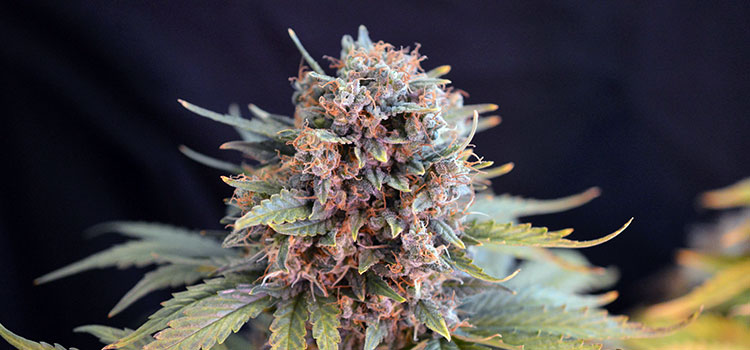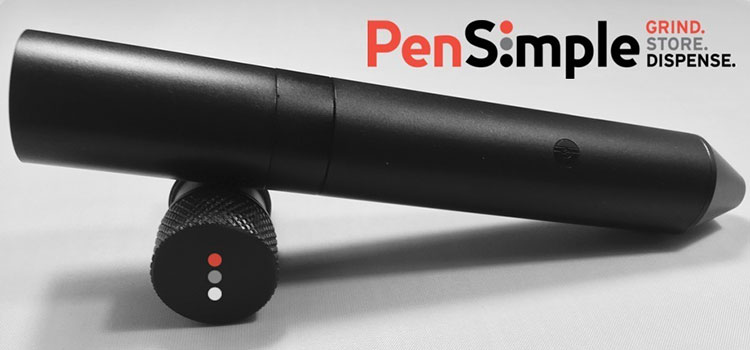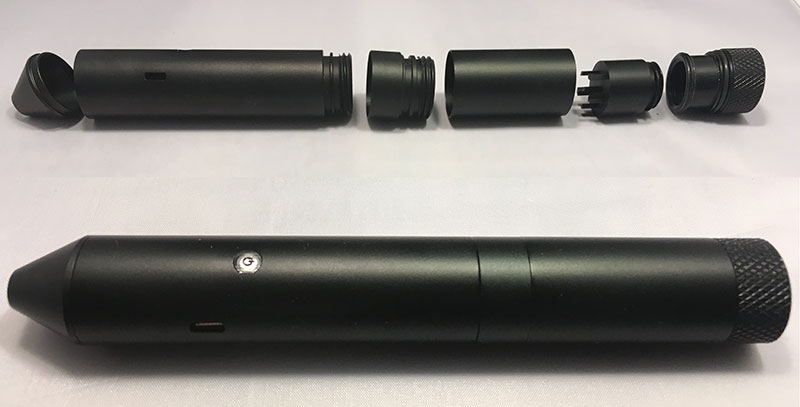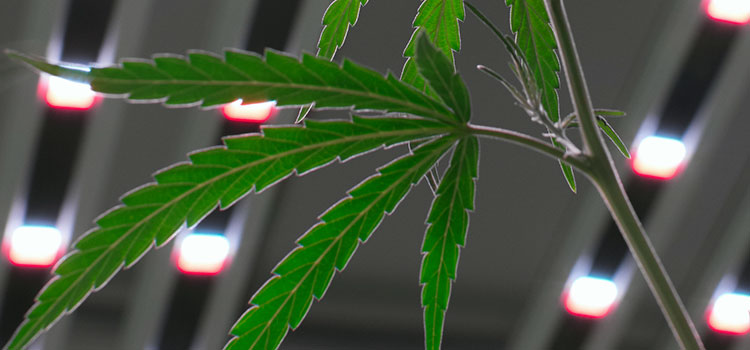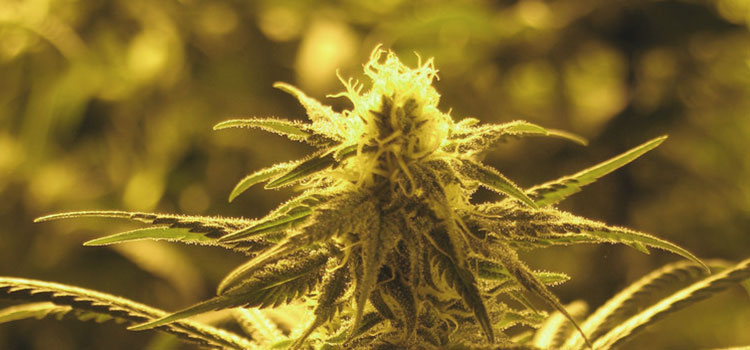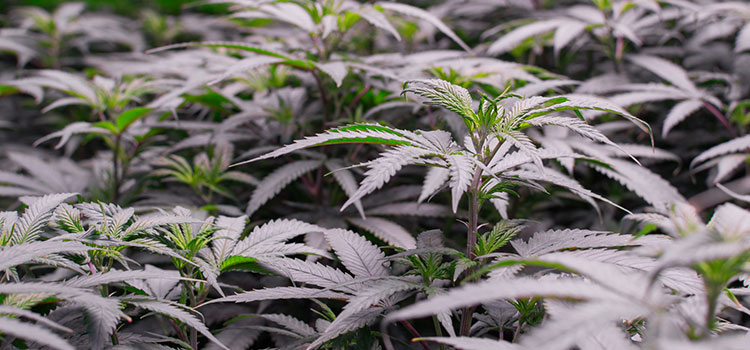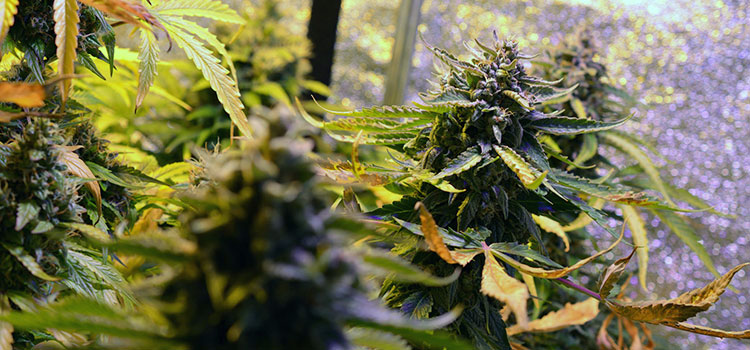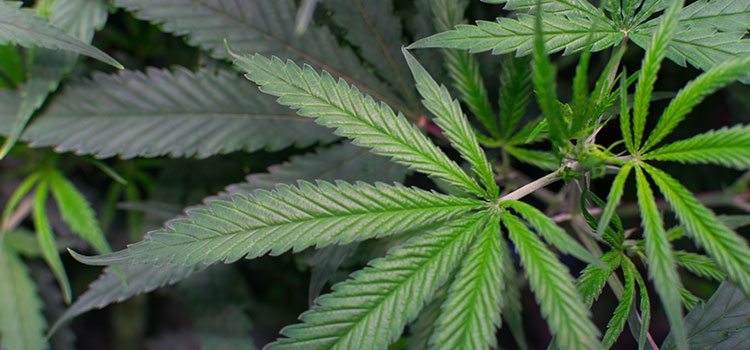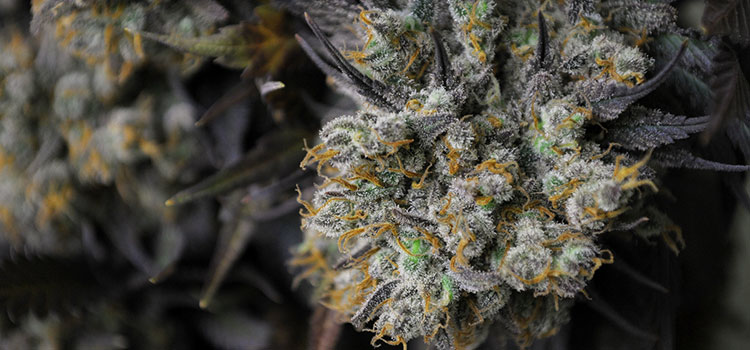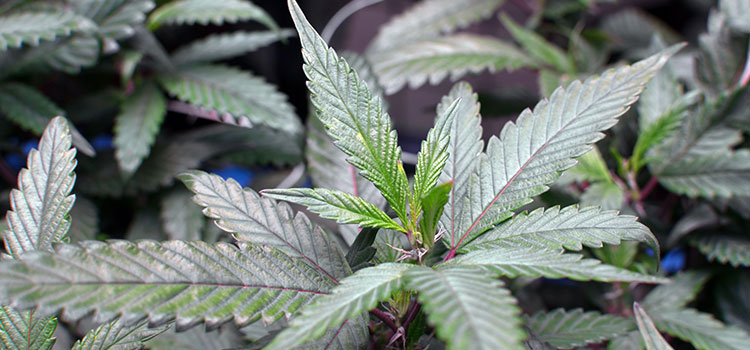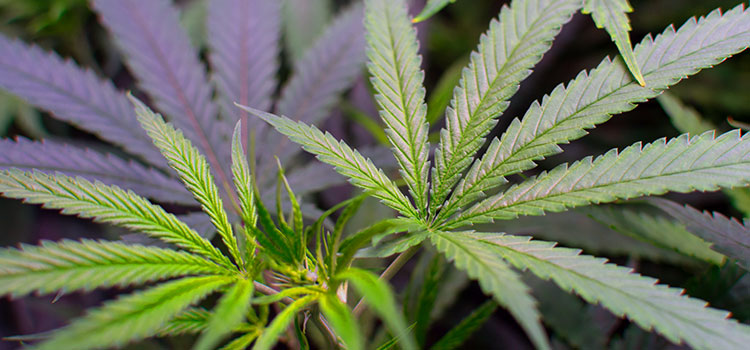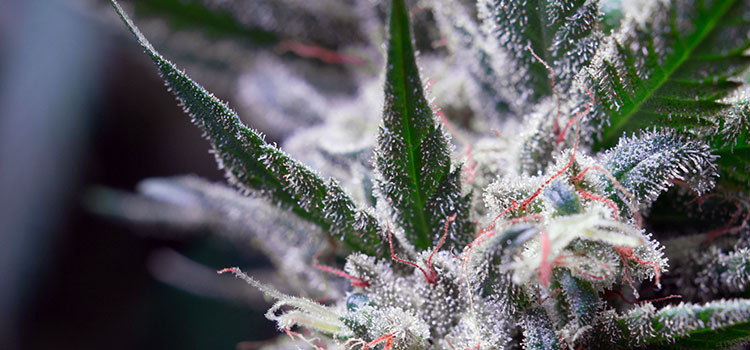Israel-based Therapix BioSciences is seeking to be listed on the Nasdaq and has filed a $12 million initial public offering to that end, according to a report from Fierce Biotech. The company is already listed on the Tel Aviv Stock Exchange and trades on the US over-the-counter market.
Therapix is developing drugs based on cannabinoids for the treatment of cognitive impairments such as Tourette syndrome and Alzheimer’s disease, with plans to kick off Phase I research on a THC tablet next year.
If approved, the firm would join London’s GW Pharmaceuticals and the U.S.-based Arena Pharmaceuticals and Zynerba Pharmaceuticals as drug makers with cannabis ties trading on the Nasdaq, the report indicates.
GW produces Sativex, approved for treatment of spasticity conditions, which is available in 15 countries, including the UK, Spain, Germany, and Italy. Epidiolex, a drug with potential as an epilepsy therapy, is in late-stage trials.
Arena currently only has one drug on the market, weight-loss medication Belviq. The company is currently trialing a cannabinoid receptor 2 agonist for pain treatment.
Zynerba raised $42 million last August in its IPO. The firm is developing two cannabis-related drugs – one a synthetic CBD and the other THC-based. The synthetic CBD product is currently in Phase 2 trials for patients with refractory epilepsy and patients with osteoarthritis of the knee. A phase I clinical trial for their THC drug is expected to begin in the first half of 2017.
Last month, cannabis-related real estate investor trust Innovative Industrial Properties Inc. filed to become a publicly traded company, which if approved would make it the first business directly associated with cannabis to be traded on the market. In May, Nasdaq denied the bid by cannabis social network MassRoots to have its shares listed and traded on the exchange.
End
